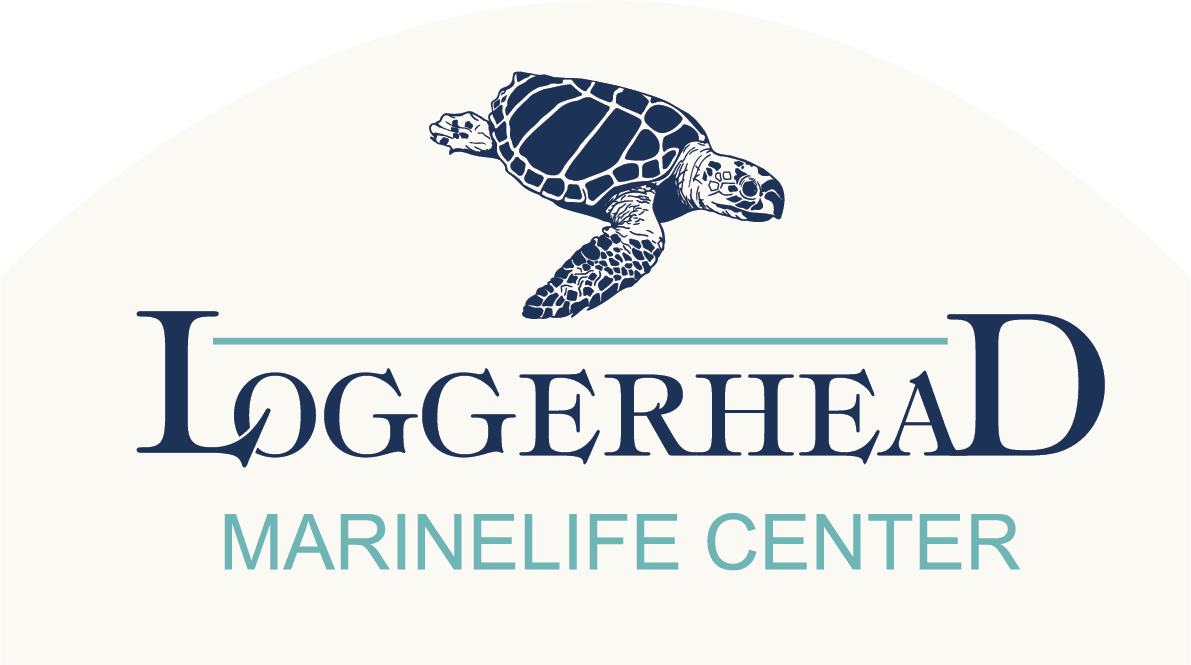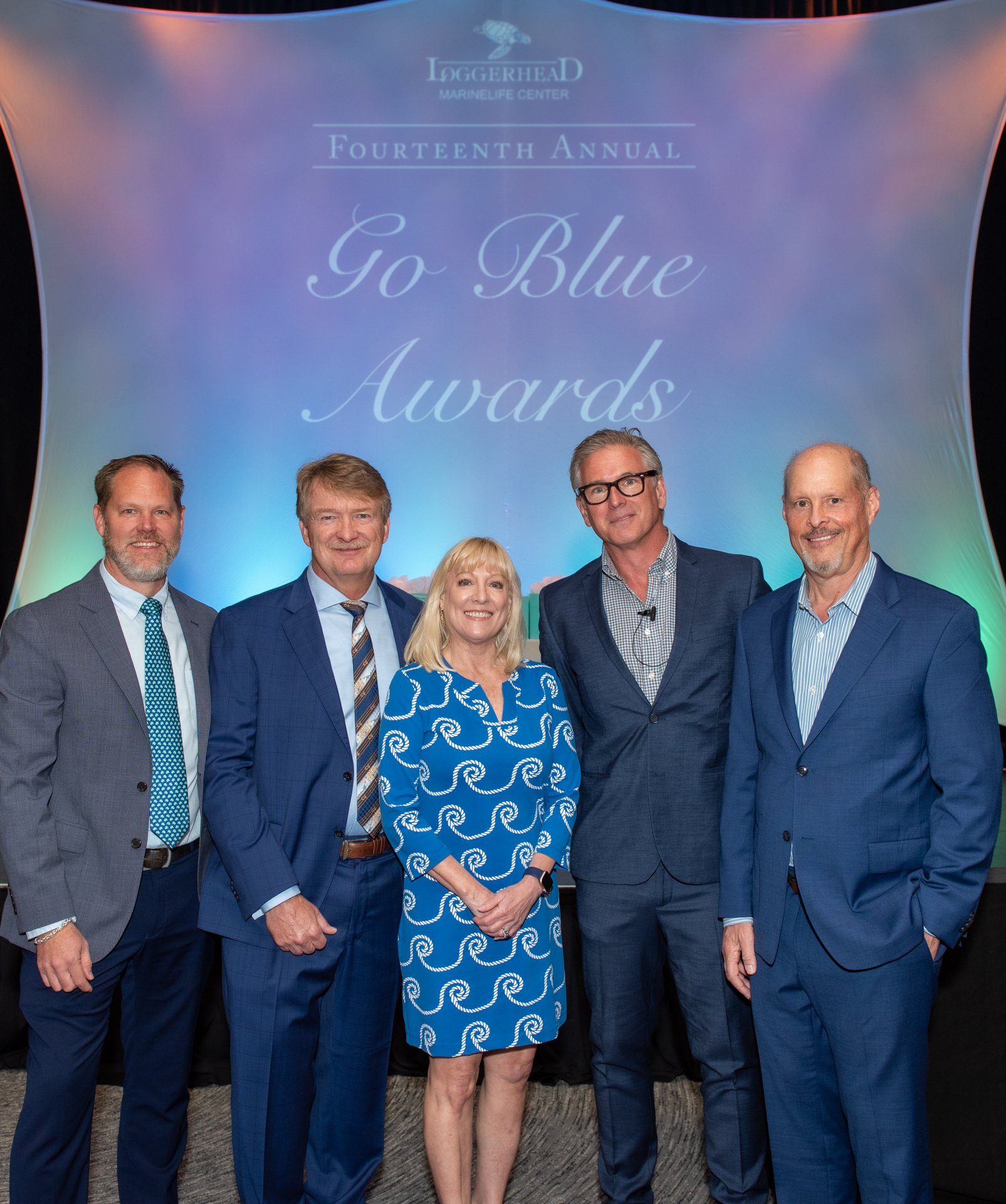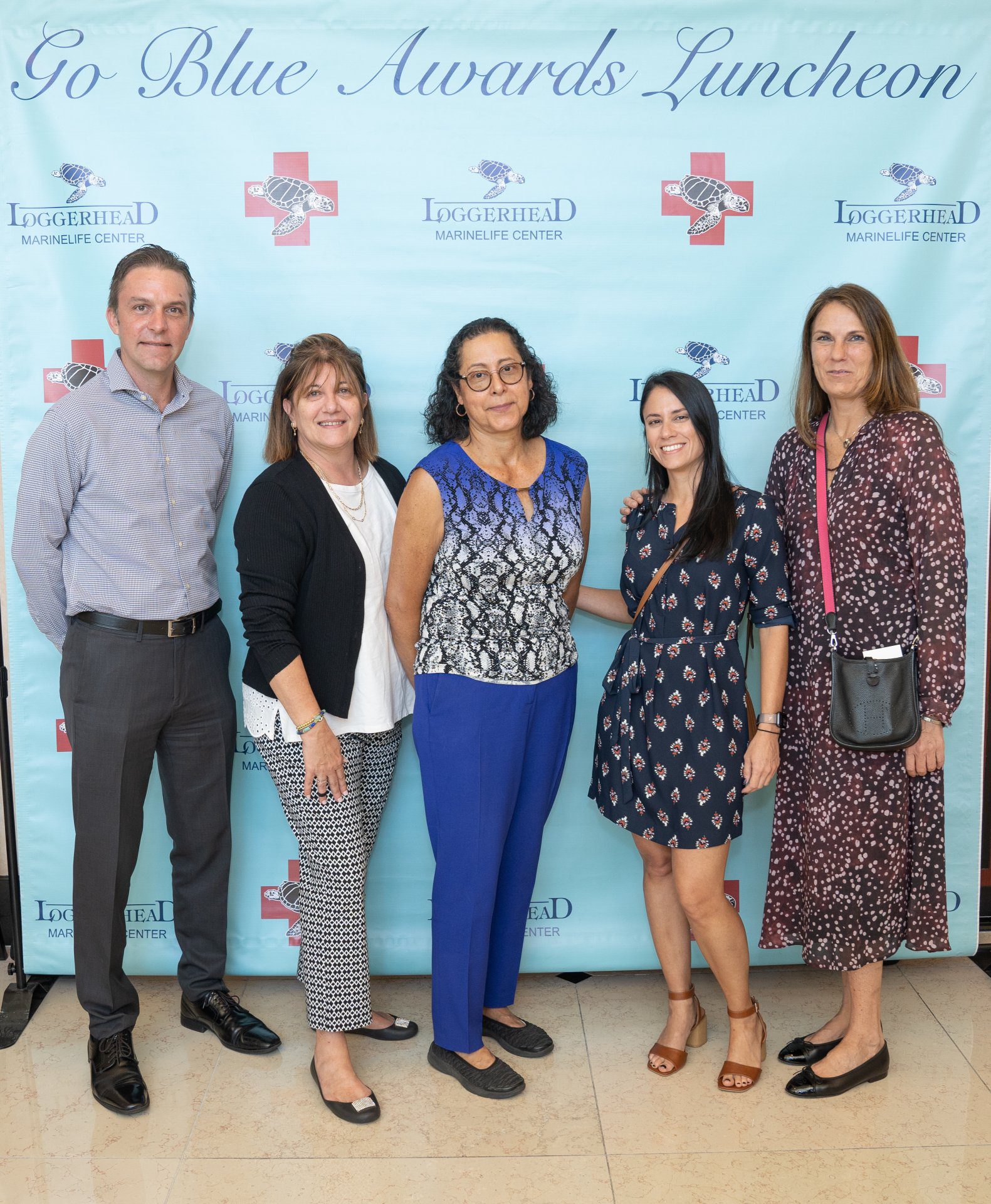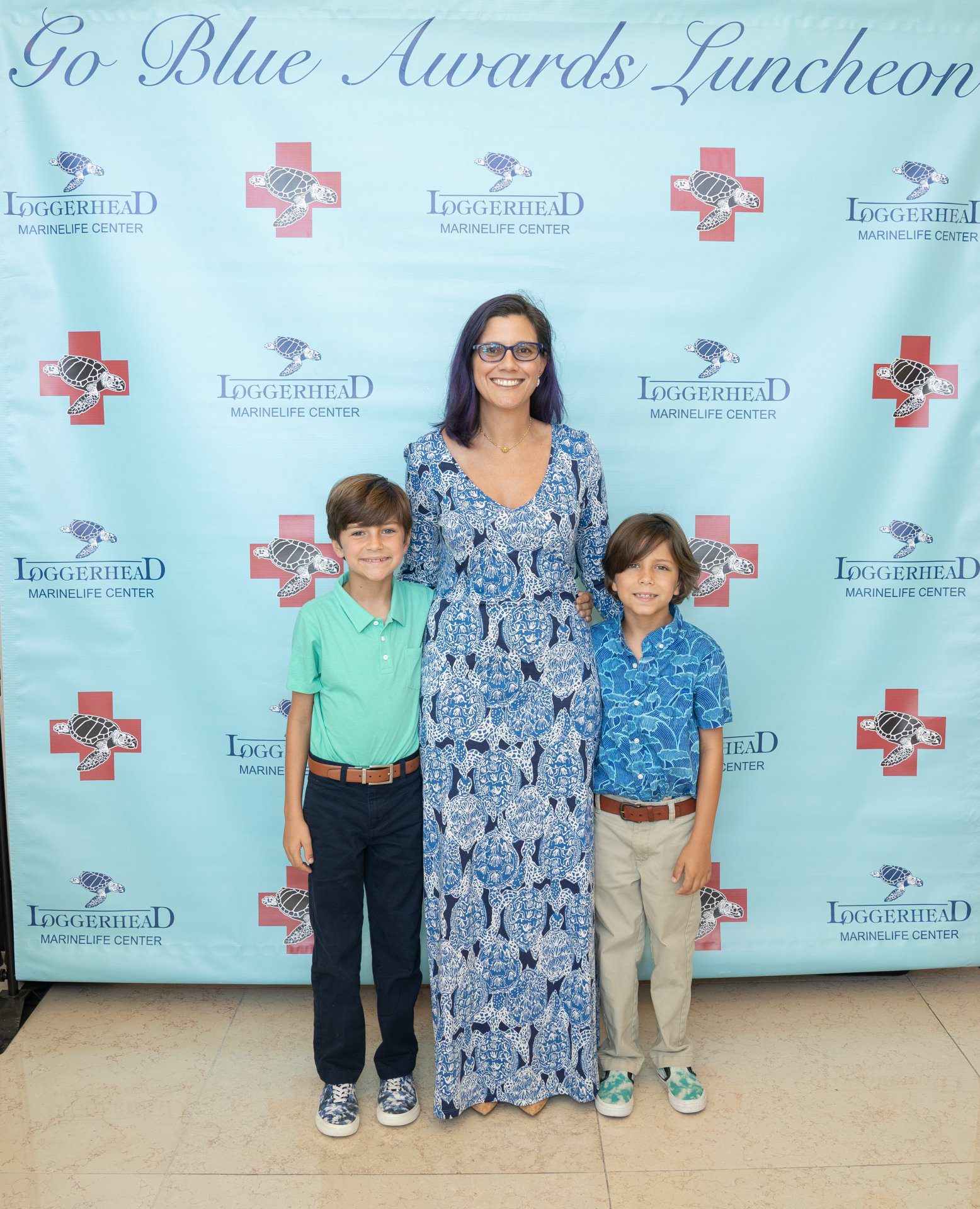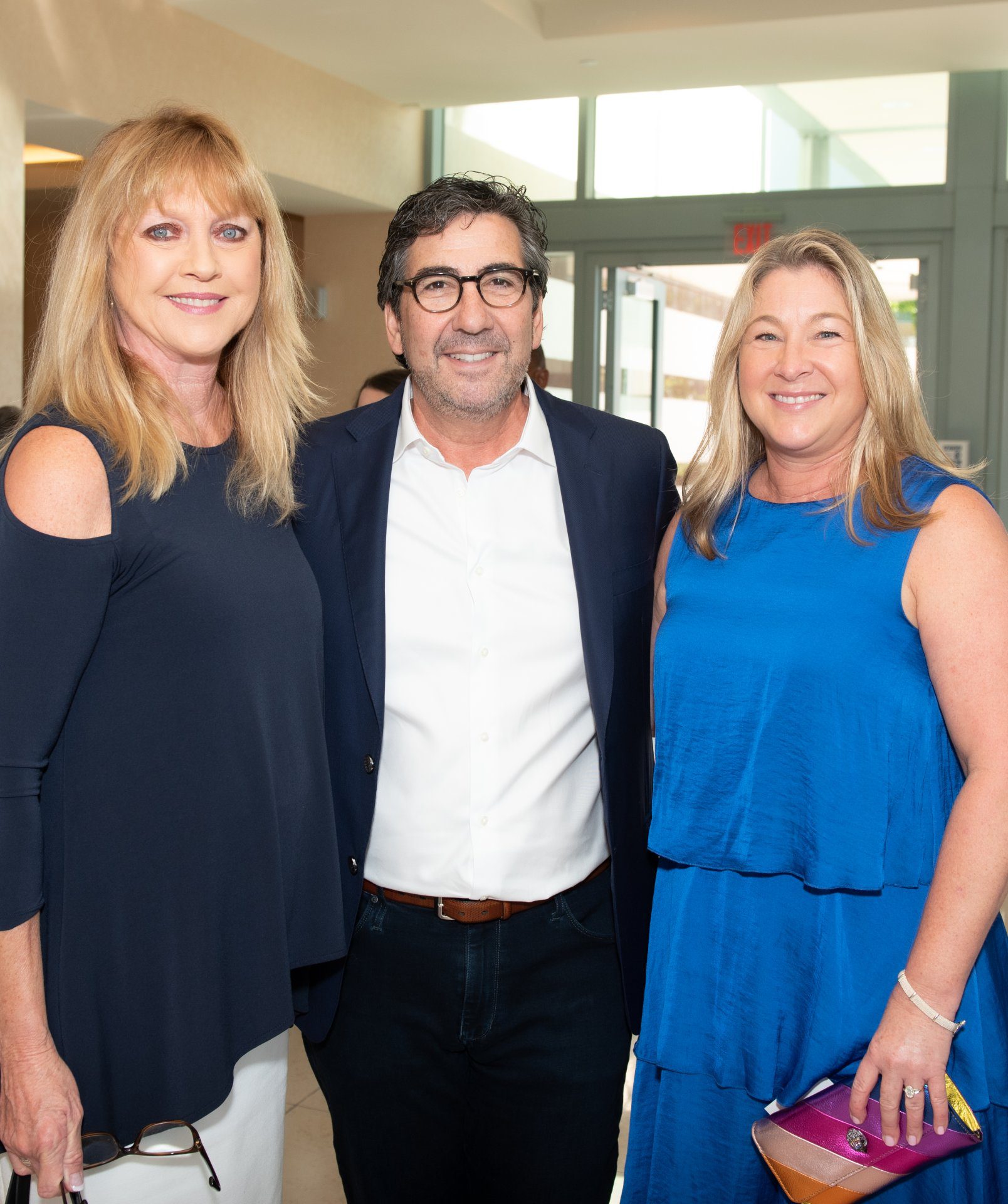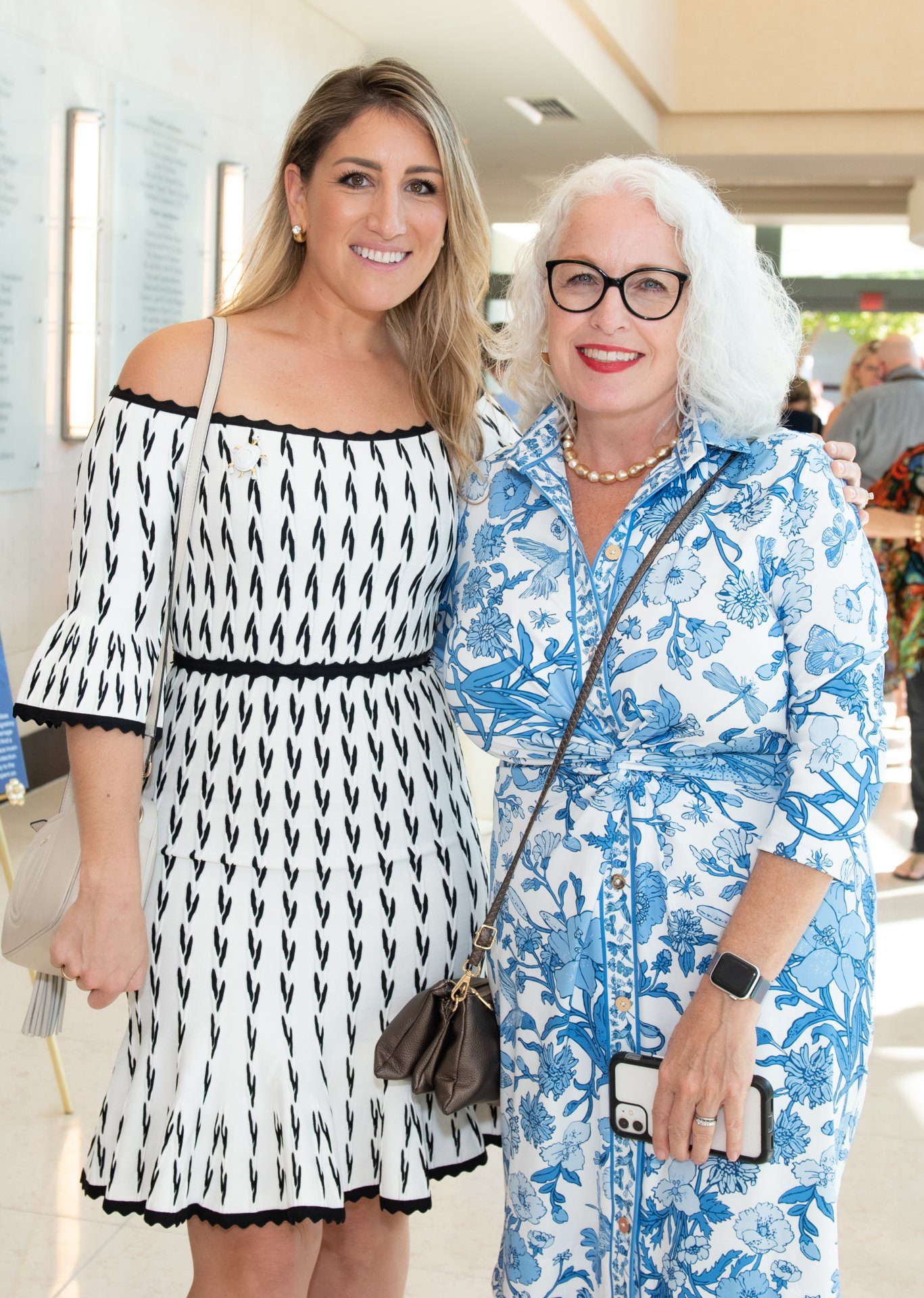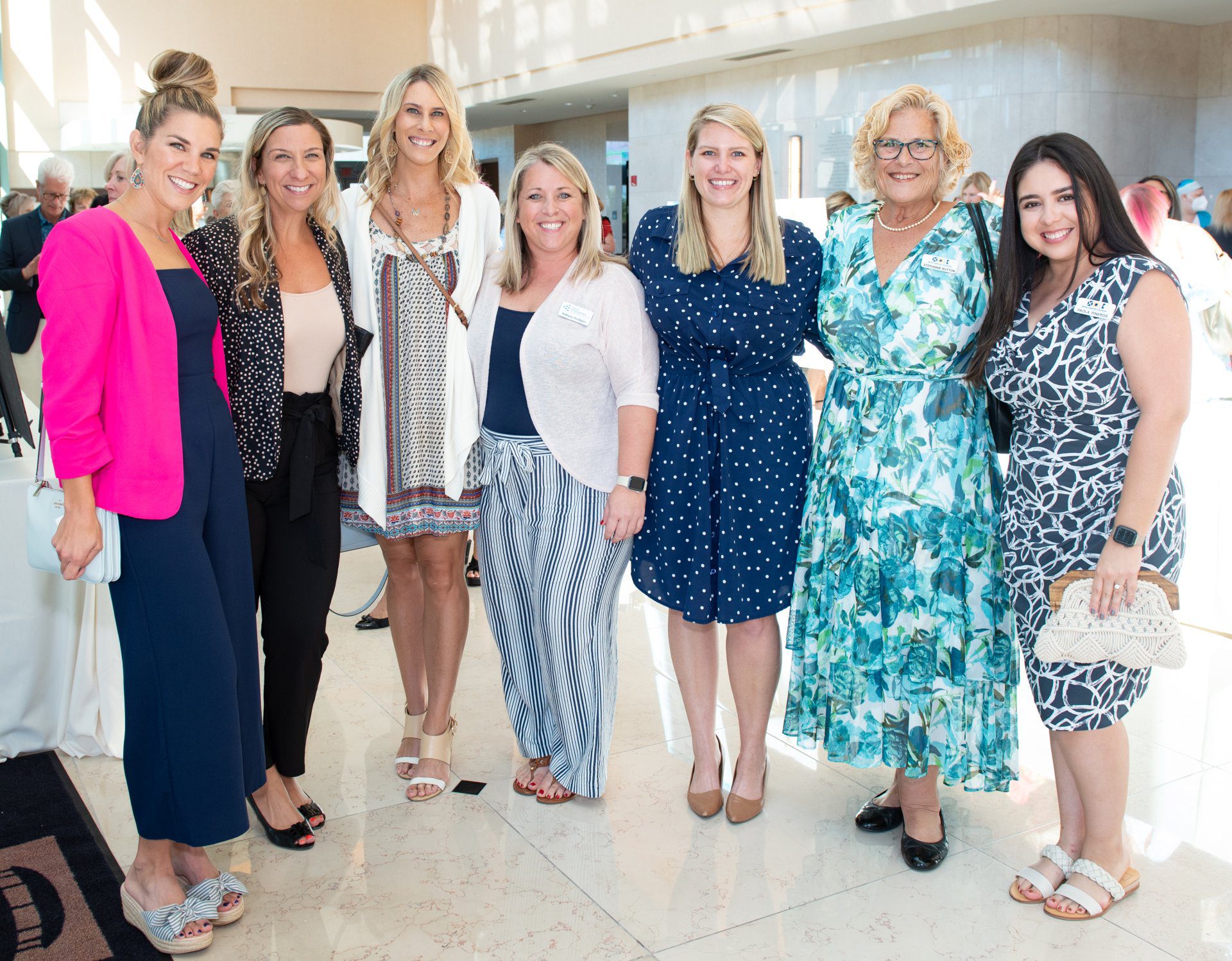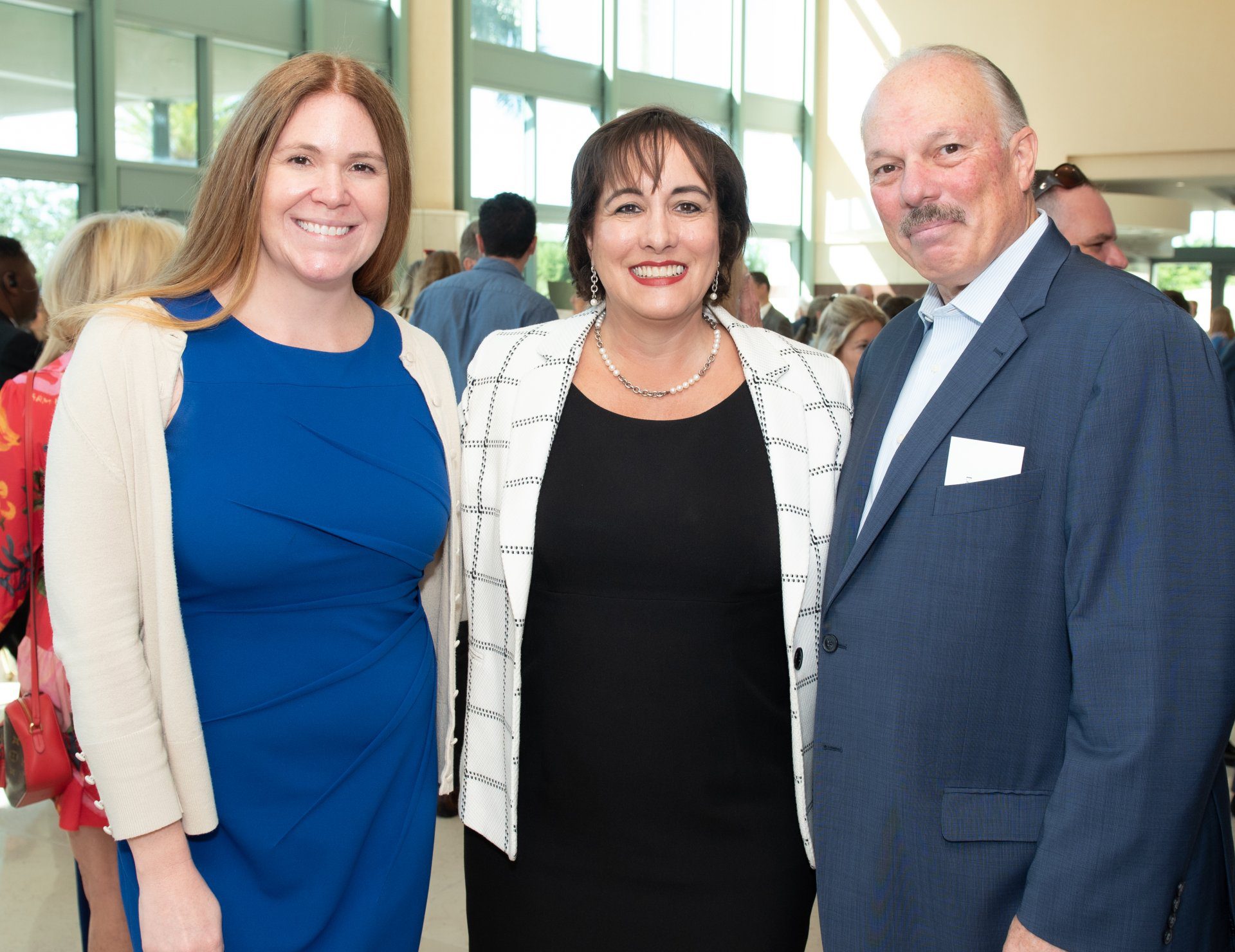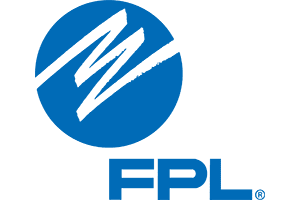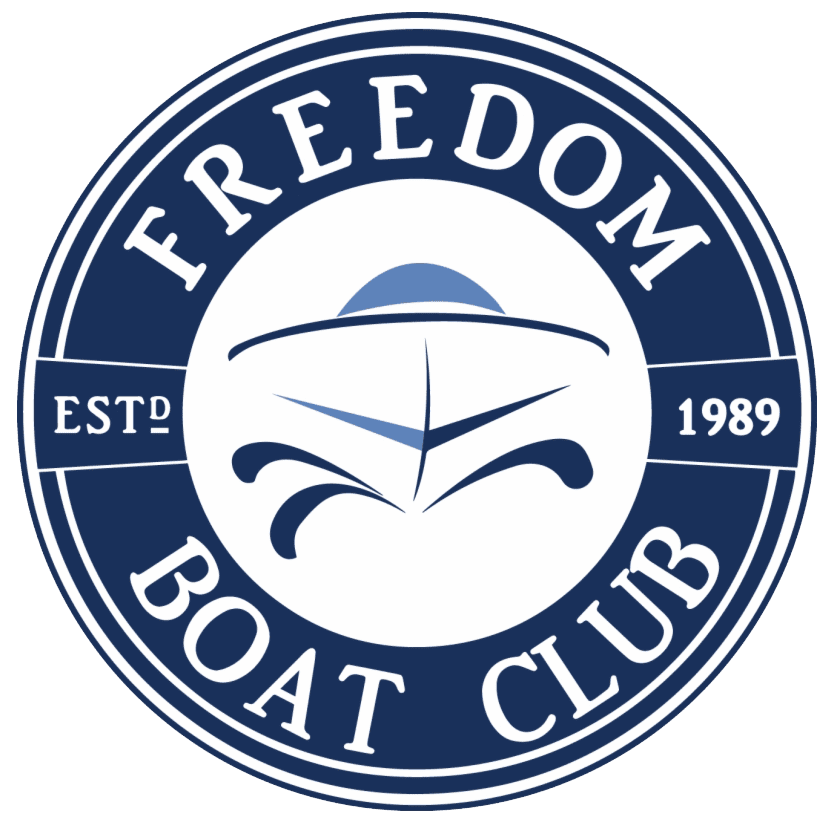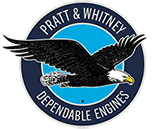Friday, January 26, 2024 at 6:00pm
at Loggerhead Marinelife Center
The Annual Go Blue Awards recognizes individuals, youth, businesses and nonprofit organizations who are making extraordinary contributions in ocean conservation and are on the leading edge of going "Blue!"
This year's event featured guest speaker is Jim Toomey.
Schedule of Events
6:00 pm - Private Sponsor’s Reception
6:00 pm - Reception (General Tickets)
7:00-9:00 pm - Awards Dinner & Speaker
9:00-11:00 pm - Lights Out After Party & Dancing
Purchase
Tickets
Purchase your tickets for the Go Blue Awards on Friday, January 26, 2024 at 6:00pm.
Become A
Sponsor
Sponsors receive many benefits including access to the private VIP Reception, preferred seating, and extensive visibility among the LMC community and beyond.
Make A
Nomination
Use the form on this page to make nominations For The Fifteenth Annual Go Blue Awards.
Nominations are now closed.
Special Guest Speaker: Jim Toomey

Jim Toomey is the creator of the daily comic strip Sherman’s Lagoon, which is syndicated to over 150 newspapers in 20 countries and six languages. Sherman’s Lagoon combines two of his lifelong passions - art and the sea. Jim’s cartoon books have sold over half a million copies worldwide.
A native of Alexandria, Virginia, and the son and grandson of engineers, Jim earned a degree in mechanical engineering and had every intention of following the family tradition. While attending college, he drew political cartoons for the college newspaper, and after graduation, while holding down his engineering job, he began to develop a comic strip in his spare time.
The lead character in Sherman’s Lagoon, Sherman the Shark, is more than just a comic hero; he’s an ocean champion, introducing people everywhere to our underwater world and educating readers on the important challenges facing our ocean today. Jim has twice received NOAA’s prestigious Environmental Hero Award & for using art and humor to conserve and protect our marine heritage.”
To further honor Jim, NOAA has created its own internal citation, called the “Silver Sherman,” given to the most creative NOAA employee. Jim has since repurposed his cartooning skills into filmmaking and has produced several award-winning short videos for clients such as the United Nations, Pew Charitable Trusts, and the World Resources Institute. Playing the role of host and animator, he specializes in making science and environmental issues understandable in short, entertaining and visually rich videos.
In August 2015, Jim, his wife Valerie, and their two children embarked on a two-year cruise in a 45-foot catamaran, sailing over 12,000 miles, visiting 32 countries and territories, and crossing an ocean. Jim wrote a book about the experience called Family Afloat. For more information, visit Mariner Studios.
Award Categories
01.
The Eleanor Fletcher Award
Named for the founder of LMC, this award recognizes an individual who has exemplified a lifelong, extraordinary commitment to marine conservation education through their work or volunteer activities.
02.
The Blue Ambassador of the Year
The Blue Ambassador of the Year Award recognizes an individual who has made significant contributions in marine conservation through volunteer or work-related activities.
03.
The Blue Hatchling Youth Award
The Blue Hatchling Youth Award recognizes an individual under age 17 who has made significant contributions in marine conservation through volunteer-related activities.
04.
The Blue Business of the Year Award / Nonprofit of the Year Award
This award recognizes a business or nonprofit that has
made outstanding contributions toward promoting and encouraging conservation, restoration, or preservation of marine life and/or marine ecosystems through their business practices, products, or technology.
About The Go Blue Awards
The Go Blue Awards program was created to recognize individuals and businesses that directly or indirectly support LMC’s mission to promote conservation of ocean ecosystems with a special focus on threatened and endangered sea turtles. Previous Go Blue Award recipients include Dr. Guy Harvey, Guy Harvey Ocean Foundation; Dr. Sylvia Earle, Mission Blue; Hardy Jones - Executive Director, Bluevoice.org; Nathaniel Reed, Everglades Foundation; Dr. Edith Widder, Ocean Research & Conservation Association; Florida Power & Light Company; Gary Adkison, U.S. Shark Foundation; International Game Fish Association; and Coral Restoration Foundation.
Please note, there are no refunds or exchanges for purchased tickets. All sales are final.
2024 Judges
Go Blue Awards Nominations are open to the public and are judged by an independent panel of judges.
The esteemed panel of judges that will select this year’s finalists and winners includes:
Lad Akins - Curator of Marine Conservation, Frost Science
Dr. Sylvia Earle - Marine biologist and Explorer-in-Residence at the National Geographic Society
Greg Marshall - Filmmaker & Inventor of Crittercam, National Geographic
Sally Murray - Daughter of Loggerhead Marinelife Center Founder Eleanor Fletcher
Susan Murray - Granddaughter of Eleanor Fletcher & Oceana Pacific Deputy Vice President
Dr. Wallace “J” Nichols - Marine biologist, author, water-lover, turtle nerd, explorer, movement builder
Joel Sartore - Photo Ark Founder, National Geographic Photographer & Contributor
Brian Skerry - Award-winning National Geographic photographer
